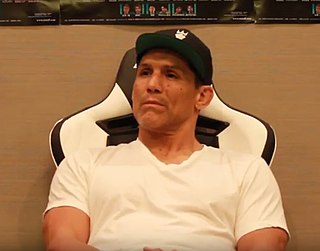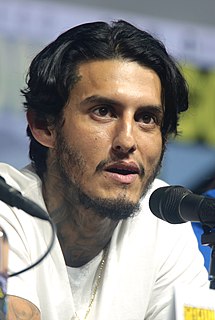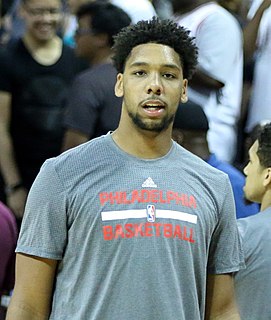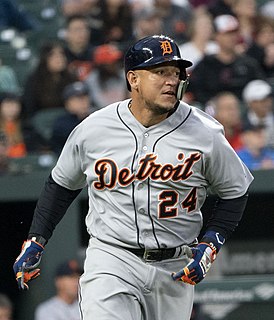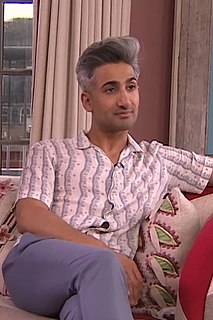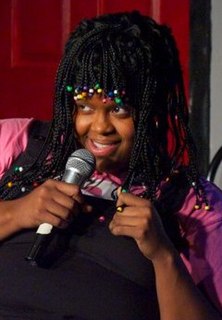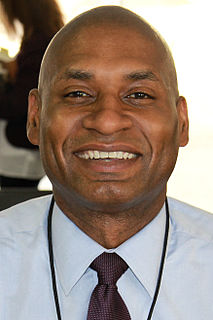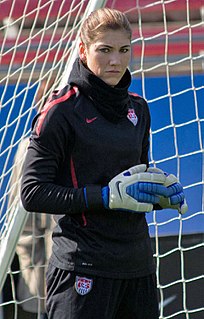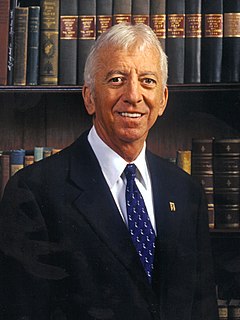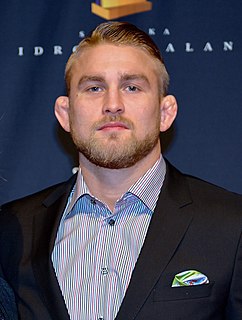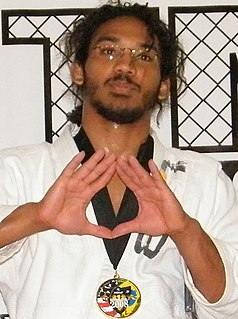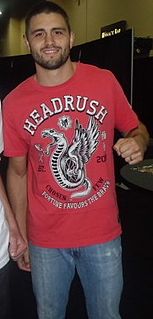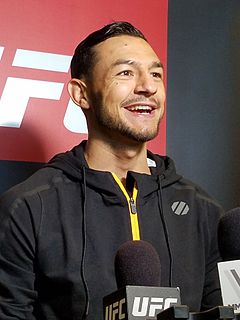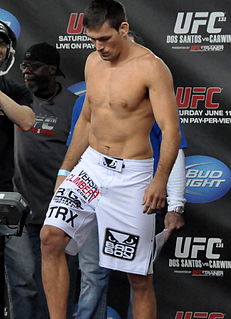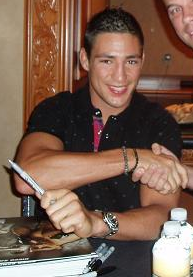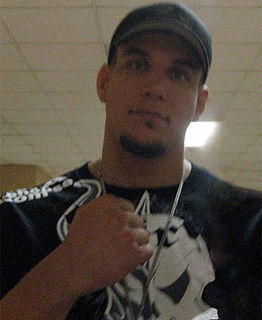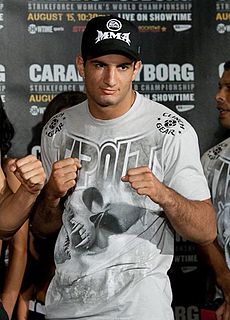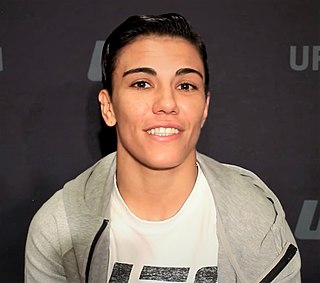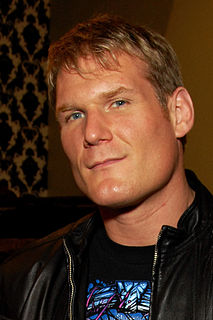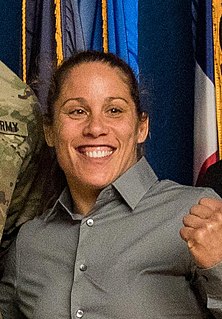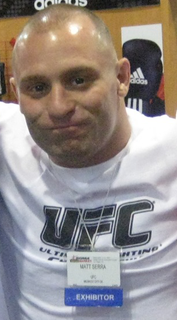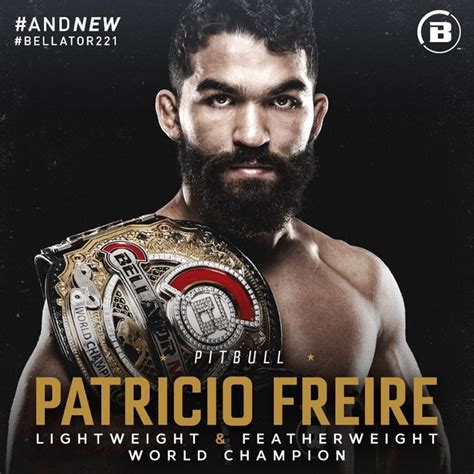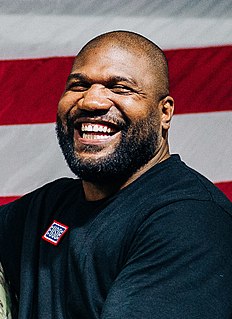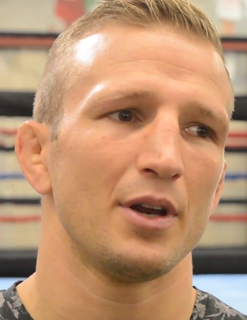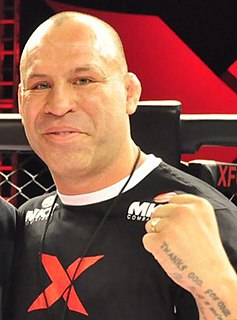A Quote by Frank Shamrock
I speak the truth on what happened to me because it's happening to a lot of people that grow up in displaced and disadvantaged communities.
Related Quotes
If people depend on me to be a man of truth, I have to prove again and again and again and again that I am a man of truth. It cannot be that on Monday I am a man of truth, on Tuesday I speak three-quarters truth, Wednesday I speak half-truth, on Thursday I speak one-quarter truth, on Friday I don't speak at all, and on Saturday I can't even think how to speak the truth.
When I was a teacher, I definitely noticed bullying happening, and I noticed people choosing to be quiet when they should speak up. And so for me, as a teacher, it wasn't just about advocating for students who were being picked on but trying to teach the bystanders how to speak up and not be afraid.
